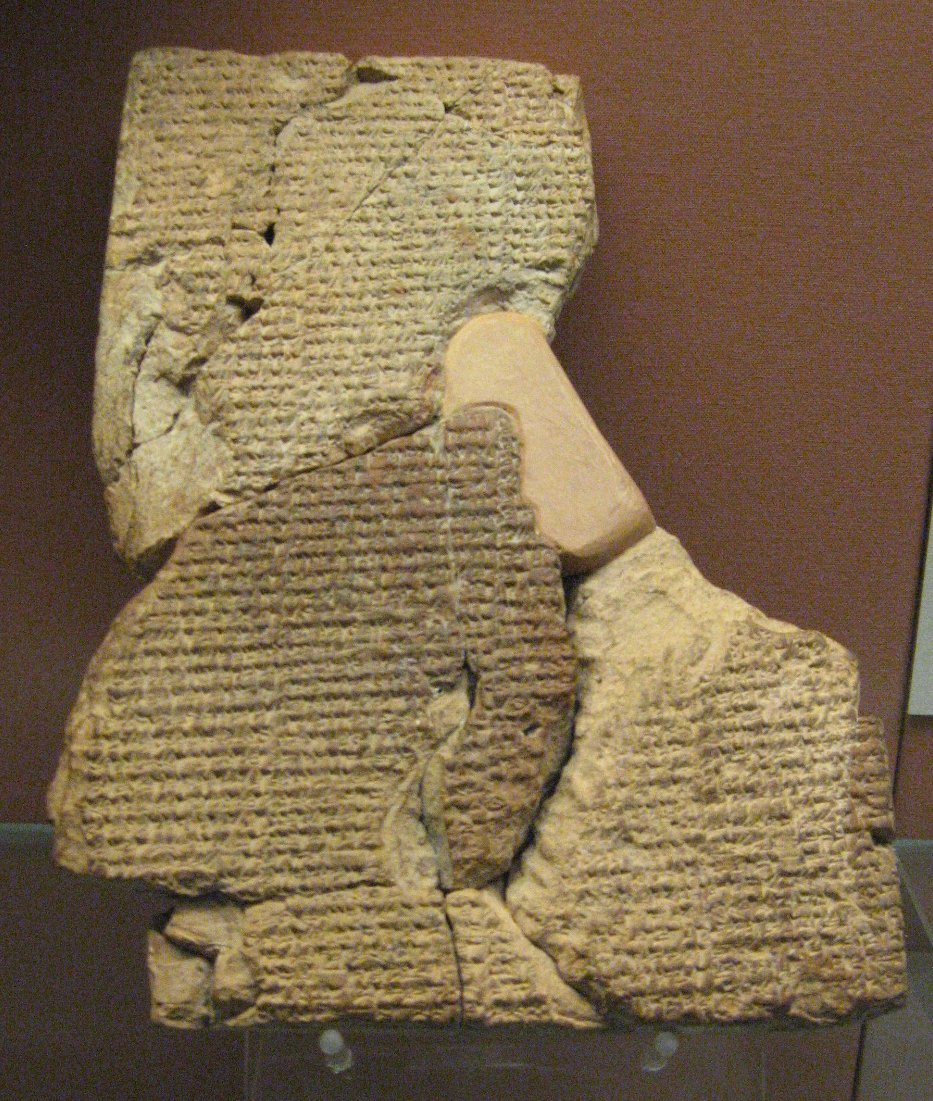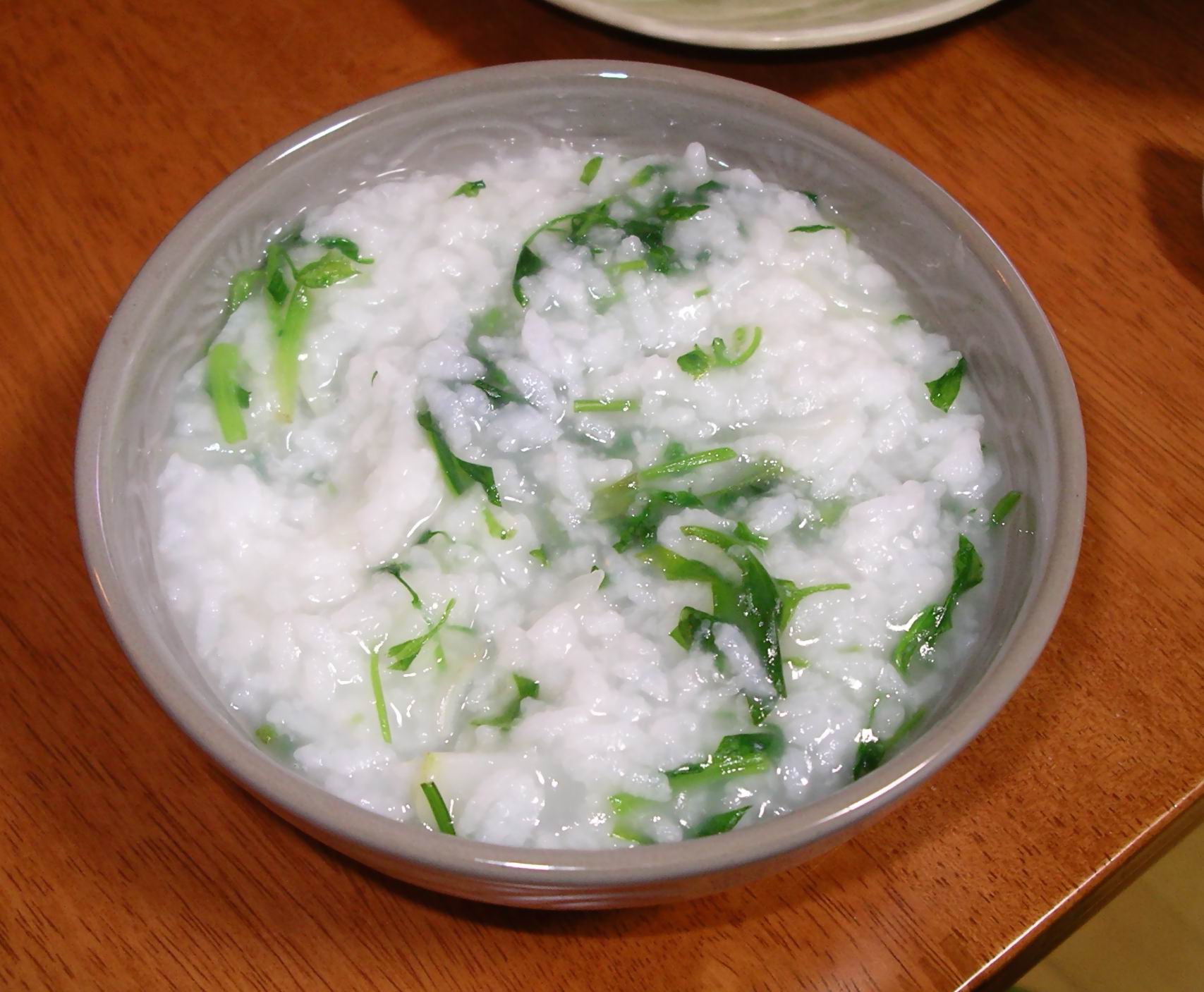|
Renri
''Renri'' is the 7th day of ''Zhengyue'', the first month in the traditional Chinese calendar. According to Chinese customs, ''Renri'' was the day human beings were created. It is celebrated not only in China, but also in the surrounding region influenced by Chinese culture. Origin In Chinese mythology, Nüwa was the goddess who created the world. She created the animals on different days, and human beings on the seventh day after the creation of the world. ''Questions and Answers on Rites and Customs'' () by Dong Xun () of the Jin dynasty and the ''Book of Divination'' (), an earlier of publication by Dongfang Shuo in the Western Han dynasty, both specify the order of creation: : First of ''Zhengyue'': Chickens : Second of ''Zhengyue'': Dogs : Third of ''Zhengyue'': Boars : Fourth of ''Zhengyue'': Sheep : Fifth of ''Zhengyue'': Cows : Sixth of ''Zhengyue'': Horses : Seventh of ''Zhengyue'': Mankind. Hence, Chinese tradition has set the first day of ''Zhengyue'' as the "birthd ... [...More Info...] [...Related Items...] OR: [Wikipedia] [Google] [Baidu] |
Jinjitsu
''Jinjitsu'' (, "Human Day") is one of the five seasonal festivals ( ''gosekku'') that were integrated into the Japanese Imperial calendar over 1,000 years ago. ''Sekku'' is the term given meaning special day of observance. The festival is now celebrated on the seventh day of the first month and is considered a part of the New Year observances that are celebrated during this time. It is also known as Nanakusa-no-sekku, the "Feast of Seven Herbs", from the custom of eating seven-herb kayu ( ') to ensure good health and to ward off away evil spirits in the coming new year. The name "Day of Mankind" generates from the stipulation of no harm coming to humans on this day and the name "Festival of The Seven Herbs" comes from a tradition of store owners gathering and providing the seven lucky herbs to the emperor as nanakusagayu. The typical herbs used for the creation of nanakusagayu are nazuna, seri, gogyo, hotokenza, suzushiro, and hakobe. However, in some regions other variat ... [...More Info...] [...Related Items...] OR: [Wikipedia] [Google] [Baidu] |
Chinese New Year
Chinese New Year is the festival that celebrates the beginning of a New Year, new year on the traditional lunisolar calendar, lunisolar and solar Chinese calendar. In Sinophone, Chinese and other East Asian cultures, the festival is commonly referred to as the Spring Festival () as the Spring (season), spring season in the lunisolar calendar traditionally starts with lichun, the first of the twenty-four solar terms which the festival celebrates around the time of the Chinese New Year. Marking the end of winter and the beginning of the spring season, observances traditionally take place from Chinese New Year's Eve, New Year’s Eve, the evening preceding the first day of the year to the Lantern Festival, held on the 15th day of the year. The first day of Chinese New Year begins on the new moon that appears between 21 January and 20 February. Chinese New Year is one of the most important holidays in Chinese culture, and has strongly influenced Lunar New Year celebrations of its 5 ... [...More Info...] [...Related Items...] OR: [Wikipedia] [Google] [Baidu] |
Festivals In China
The following is an incomplete list of festivals in China, of all types. Festivals in China *Cold Food Festival *Dongzhi Festival *Duanwu Festival * Freespace Fest *Fu Yang Festival *Harbin International Ice and Snow Sculpture Festival *Hong Kong Arts Festival *Lantern Festival * Litang Horse Festival * Longtaitou Festival * Lunar New Year Fair *Lychee and Dog Meat Festival * Miao Flower Mountain Festival *Mid-Autumn Festival *Monkey King Festival *Nadun * Nian Li *Nine Emperor Gods Festival *Qingdao International Beer Festival *Qingming Festival *Qinhuai Lantern Fair *Qintong Boat Festival *Renri *Torch Festival *Uyghur Doppa Cultural Festival *Water-Sprinkling Festival *Weifang International Kite Festival Film festivals in China *List of film festivals in China Music festivals in China *Beijing Jazz Festival *Beijing Music Festival *Beijing Pop Festival *Clockenflap *Great Wall International Music Academy * Hong Kong Green Jazz Festival *Hush!! Full Band Festival * Intro Mus ... [...More Info...] [...Related Items...] OR: [Wikipedia] [Google] [Baidu] |
Yusheng
''Yusheng'', yee sang or yuu sahng (), or Prosperity Toss, also known as lo sahng (Cantonese for 撈生 or 捞生) is a Cantonese-style raw fish salad. It usually consists of strips of raw fish (sometimes salmon), mixed with shredded vegetables and a variety of sauces and condiments, among other ingredients. There is also a vegetarian version of this dish, where the fish is replaced with soy "fish", which resembles salmon. Yusheng literally means "raw fish" but since "fish (魚)" is commonly conflated with its homophone "abundance (余)", Yúshēng (魚生) is interpreted as a homophone for Yúshēng (余升) meaning an increase in abundance. Therefore, yusheng is considered a symbol of abundance, prosperity and vigor. The dish originated from China but modern takes of the dish existed in both Malaysia and Singapore with both countries having competitive claims over who first modified the dish to its modern version. Today, the common form of yusheng is the qicai yusheng (七� ... [...More Info...] [...Related Items...] OR: [Wikipedia] [Google] [Baidu] |
Birthday
A birthday is the anniversary of the birth of a person, or figuratively of an institution. Birthdays of people are celebrated in numerous cultures, often with birthday gifts, birthday cards, a birthday party, or a rite of passage. Many religions celebrate the birth of their founders or religious figures with special holidays (e.g. Christmas, Mawlid, Buddha's Birthday, and Krishna Janmashtami). There is a distinction between birth''day'' and birth''date'': the former, except for February 29, occurs each year (e.g. January 15), while the latter is the complete date when a person was born (e.g. January 15, 2001). Legal conventions In most legal systems, one becomes a legal adult on a particular birthday when they reach the age of majority (usually between 12 and 21), and reaching age-specific milestones confers particular rights and responsibilities. At certain ages, one may become eligible to leave full-time education, become subject to military conscription or to enlist in ... [...More Info...] [...Related Items...] OR: [Wikipedia] [Google] [Baidu] |
Genesis Creation Narrative
The Genesis creation narrative is the creation myth of both Judaism and Christianity. The narrative is made up of two stories, roughly equivalent to the first two chapters of the Book of Genesis. In the first, Elohim (the Hebrew generic word for God) creates the heavens and the Earth in six days, then rests on, blesses, and sanctifies the seventh (i.e. the Biblical Sabbath). In the second story God (now referred to by the personal name Yahweh) creates Adam, the first man, from dust and places him in the Garden of Eden. There he is given dominion over the animals. Eve, the first woman, is created from Adam’s rib as his companion. The Hebrew creation narrative borrowed themes from Mesopotamian mythology, but adapted them to their unique belief in one God. The first major comprehensive draft of the Pentateuch (the series of five books which begins with Genesis and ends with Deuteronomy) is thought to have been composed in the late 7th or the 6th century BCE (the Jahwist sour ... [...More Info...] [...Related Items...] OR: [Wikipedia] [Google] [Baidu] |
Gregorian Calendar
The Gregorian calendar is the calendar used in most parts of the world. It was introduced in October 1582 by Pope Gregory XIII as a modification of, and replacement for, the Julian calendar. The principal change was to space leap years differently so as to make the average calendar year 365.2425 days long, more closely approximating the 365.2422-day 'tropical' or 'solar' year that is determined by the Earth's revolution around the Sun. The rule for leap years is: There were two reasons to establish the Gregorian calendar. First, the Julian calendar assumed incorrectly that the average solar year is exactly 365.25 days long, an overestimate of a little under one day per century, and thus has a leap year every four years without exception. The Gregorian reform shortened the average (calendar) year by 0.0075 days to stop the drift of the calendar with respect to the equinoxes.See Wikisource English translation of the (Latin) 1582 papal bull '' Inter gravissimas''. Second, ... [...More Info...] [...Related Items...] OR: [Wikipedia] [Google] [Baidu] |
Meiji Period
The is an era of Japanese history that extended from October 23, 1868 to July 30, 1912. The Meiji era was the first half of the Empire of Japan, when the Japanese people moved from being an isolated feudal society at risk of colonization by Western powers to the new paradigm of a modern, industrialized nation state and emergent great power, influenced by Western scientific, technological, philosophical, political, legal, and aesthetic ideas. As a result of such wholesale adoption of radically different ideas, the changes to Japan were profound, and affected its social structure, internal politics, economy, military, and foreign relations. The period corresponded to the reign of Emperor Meiji. It was preceded by the Keiō era and was succeeded by the Taishō era, upon the accession of Emperor Taishō. The rapid modernization during the Meiji era was not without its opponents, as the rapid changes to society caused many disaffected traditionalists from the former samurai ... [...More Info...] [...Related Items...] OR: [Wikipedia] [Google] [Baidu] |
Kayu
Congee or conjee ( ) is a type of rice porridge or gruel eaten in Asian countries. It can be eaten plain, where it is typically served with side dishes, or it can be served with ingredients such as meat, fish, seasonings and flavourings, most often savory, but sometimes sweet. It is typically served as a meal on its own, especially for breakfast or people who are ill. Names for congee are as varied as the style of its preparation, but all are made with rice cooked as a softened porridge with a larger quantity of water than other types of cooked rice like pilaf or claypot rice. Etymology The English word ''congee'' is derived from the Tamil word ''kanji'' (, ''kañci'', ). In Chinese, it is known as ''zhou'' (). It is mentioned in the ''Book of Rites'' and noted in Pliny’s account of India circa 77 CE. Preparation To prepare the dish, rice is boiled in a large amount of water until it softens significantly. Congee can be made in a pot or in a rice cooker. Some rice cookers ... [...More Info...] [...Related Items...] OR: [Wikipedia] [Google] [Baidu] |
Nanakusa-no-sekku
The Festival of Seven Herbs or ''Nanakusa no sekku'' ( ja, ) is the long-standing Japanese custom of eating seven-herb rice porridge (七草粥, ''nanakusa-gayu'', lit. "7 Herbs Rice-Congee") on January 7 (''Jinjitsu''); one of the ''Gosekku''. History The seventh of the first month has been an important Japanese festival since ancient times. Jingchu Suishiji, written in the Six Dynasties China, recorded the Southern Chinese custom of eating a hot soup that contains seven vegetables to bring longevity and health and ward off evil on the 7th day of the first month of the Chinese calendar. Since there is little green at that time of the year, the young green herbs bring color to the table and eating them suits the spirit of the New Year. The custom was present in Taiwan until the mid-Qing Dynasty, and is still present in parts of rural Guangdong province. Seven spring flowers The ''nanakusa'' (), or more specifically, ''haru no nanakusa'' (), spring's seven flowers (or herbs), ... [...More Info...] [...Related Items...] OR: [Wikipedia] [Google] [Baidu] |
Japan
Japan ( ja, 日本, or , and formally , ''Nihonkoku'') is an island country in East Asia. It is situated in the northwest Pacific Ocean, and is bordered on the west by the Sea of Japan, while extending from the Sea of Okhotsk in the north toward the East China Sea, Philippine Sea, and Taiwan in the south. Japan is a part of the Ring of Fire, and spans Japanese archipelago, an archipelago of List of islands of Japan, 6852 islands covering ; the five main islands are Hokkaido, Honshu (the "mainland"), Shikoku, Kyushu, and Okinawa Island, Okinawa. Tokyo is the Capital of Japan, nation's capital and largest city, followed by Yokohama, Osaka, Nagoya, Sapporo, Fukuoka, Kobe, and Kyoto. Japan is the List of countries and dependencies by population, eleventh most populous country in the world, as well as one of the List of countries and dependencies by population density, most densely populated and Urbanization by country, urbanized. About three-fourths of Geography of Japan, the c ... [...More Info...] [...Related Items...] OR: [Wikipedia] [Google] [Baidu] |
Tang Dynasty
The Tang dynasty (, ; zh, t= ), or Tang Empire, was an Dynasties in Chinese history, imperial dynasty of China that ruled from 618 to 907 AD, with an Zhou dynasty (690–705), interregnum between 690 and 705. It was preceded by the Sui dynasty and followed by the Five Dynasties and Ten Kingdoms period. Historians generally regard the Tang as a high point in Chinese civilization, and a Golden age (metaphor), golden age of cosmopolitan culture. Tang territory, acquired through the military campaigns of its early rulers, rivaled that of the Han dynasty. The House of Li, Lǐ family () founded the dynasty, seizing power during the decline and collapse of the Sui Empire and inaugurating a period of progress and stability in the first half of the dynasty's rule. The dynasty was formally interrupted during 690–705 when Empress Wu Zetian seized the throne, proclaiming the Zhou dynasty (690–705), Wu Zhou dynasty and becoming the only legitimate Chinese empress regnant. The devast ... [...More Info...] [...Related Items...] OR: [Wikipedia] [Google] [Baidu] |
.jpg)








